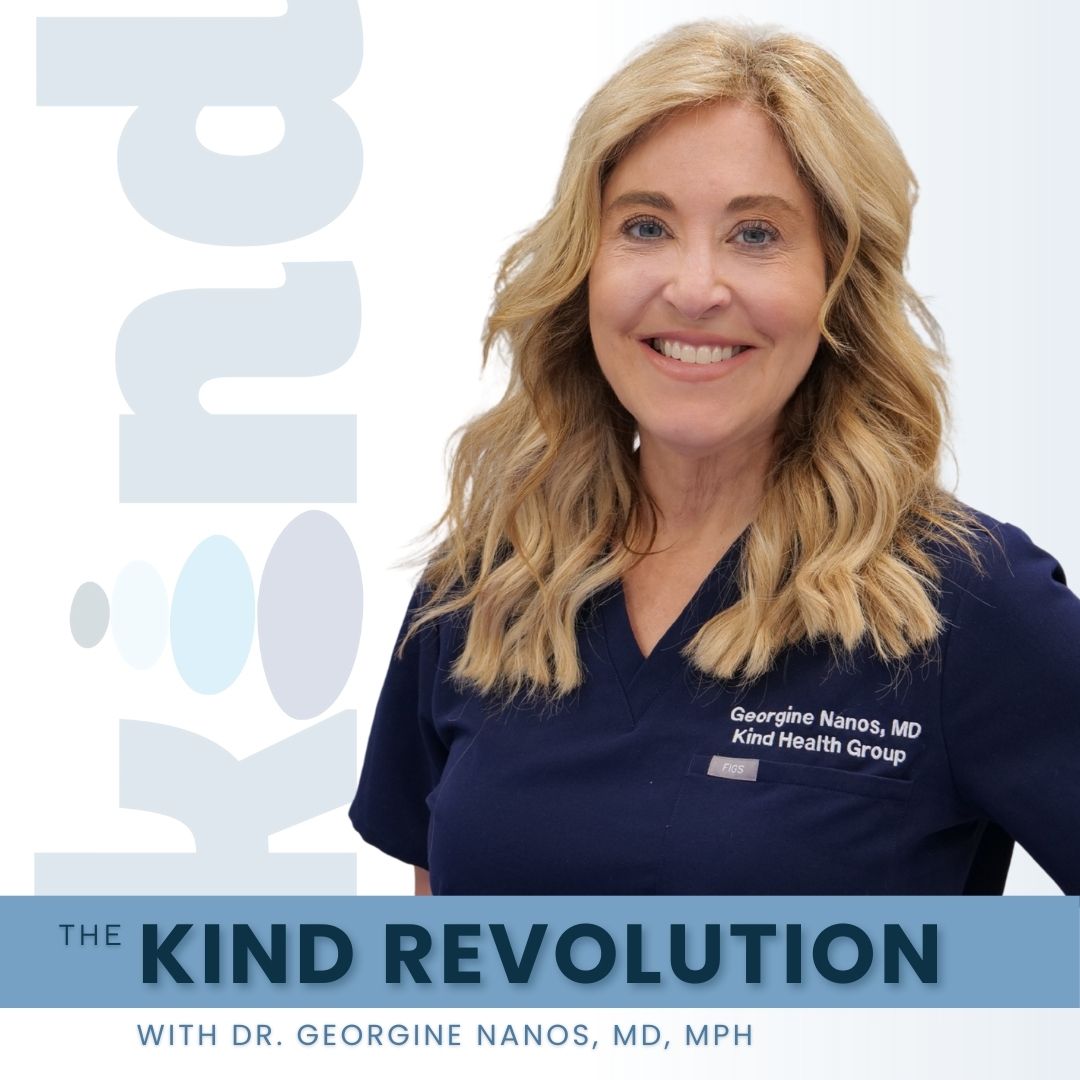You Don't Need More Specialists
November 17, 2025
This isn't healthcare. This is chaos with co-pays.

In this blog, you will find:
- Why bouncing between specialists who don't communicate doesn't work
- The real costs of fragmented midlife healthcare
- What coordinated care provides that scattered specialists can't
- What comprehensive midlife programs should include
- How to find better care right now
_________________
You're seeing seven different doctors. Primary care. Gynecologist. Endocrinologist. Rheumatologist. Dermatologist. Sleep specialist. Psychiatrist. None of them talk to each other. You're the only person trying to connect the dots.
This isn't healthcare. This is chaos with co-pays.
Let me explain why this system is broken for midlife women and what actually works better.
How We Got to This Mess
Medicine got increasingly specialized. Doctors trained to see one organ system. Insurance pays for separate visits but not for coordination. Fifteen-minute appointments don't allow for complexity. Electronic health records don't communicate across systems.
Result: Nobody manages the complete picture of your health.
And this fails midlife women spectacularly. Because hormonal changes affect multiple systems at once. Your joints, brain, metabolism, skin, and sleep are all connected. Treating each separately misses the root cause.
The Real Costs
Multiple co-pays and appointments eating your time and money. Time off work for scattered visits all over town. Repeating the same medical history to every new provider. Conflicting treatment recommendations. Medication interactions nobody's tracking. Symptoms that don't improve because root causes aren't addressed. Mental exhaustion from coordinating everything yourself.
And here's the worst part: you end up feeling like you're the problem. Like if you just explained better or tried harder, someone would figure it out.
But the system is the problem, not you.
What a Real Healthcare Team Provides
Shared understanding.
All providers know your complete history. Everyone understands your goals. Comprehensive view of symptoms and their connections. Awareness of all treatments and medications.
Coordinated planning.
Root cause approach instead of symptom whack-a-mole. Treatments that complement instead of conflict. Efficient testing. Adjustments based on your overall response, not isolated symptoms.
Actual communication.
Providers talk to each other about you. Changes in one area get considered across all treatments. Someone manages medication interactions. Regular team review of your progress.
Comprehensive approach.
Hormone optimization. Nutrition and lifestyle. Mental health. Aesthetic care that works with changing physiology. Preventive care and longevity planning. All integrated.
What Comprehensive Midlife Care Includes
Foundation: Hormones.
Comprehensive testing of all relevant hormones. Understanding your unique pattern. Appropriate therapy when beneficial. Regular monitoring and adjustment. Integration with everything else.
Metabolic management.
Nutrition based on your metabolism. Exercise for muscle maintenance. Managing insulin resistance if present. Weight optimization through multiple approaches. Preventing metabolic disease.
Brain health.
Cognitive assessment when needed. TMS for enhancement or mood support. Sleep optimization. Stress management. Prevention of cognitive decline.
Aesthetic integration.
Skin treatments working with hormonal changes. Body contouring supporting metabolic goals. Treatments timed with other interventions. Understanding that external changes reflect internal health.
Mental health support.
Recognizing mood changes are often hormonal. Appropriate intervention - hormone optimization, TMS, therapy. Integration with other treatments. Avoiding psychiatric medication for hormonal problems.
Preventive care.
Bone density monitoring. Cardiovascular risk assessment. Appropriate cancer screening. Longevity planning.
The Coordination Difference
When all these elements work together, hormone optimization improves sleep, which enhances cognition and metabolism. Better sleep reduces stress, which lowers inflammation and helps joints. Reduced inflammation improves insulin sensitivity and weight. Improved metabolism supports energy for exercise. Exercise supports mood, sleep, bones, and brain.
Everything reinforces everything else instead of competing or conflicting.
What to Look For
Provider qualifications:
Training in menopause medicine - NAMS certification ideal. Understanding of hormonal impact on multiple systems. Willingness to coordinate with others. Time for thorough evaluation. Evidence-based but personalized approach.
Program components:
Comprehensive initial assessment. Testing beyond basic screening. Individualized treatment plan. Regular follow-up and adjustment. Access to multiple specialties within coordinated system. Education about what's happening in your body.
Red flags to avoid:
Providers who won't discuss hormone therapy. "You're fine" when you clearly don't feel fine. Dismissal of symptoms as "normal aging." Referrals without coordination. One-size-fits-all approaches. No time for questions.
The Kind Midlife Edit Model
Comprehensive assessment including detailed history, complete hormonal and metabolic testing, cognitive evaluation when needed, aesthetic assessment, goals discussion.
Coordinated treatment planning with hormone optimization as foundation. Nutrition and exercise prescription. Sleep and stress protocols. Aesthetic treatments when desired. Brain health support when needed. All coordinated by team understanding connections.
Ongoing management with regular monitoring, treatment adjustment, prevention of future issues, support for optimal aging, team communication about your progress.
Integration of primary care, hormone management, aesthetic medicine, brain health through TMS, nutrition guidance, exercise prescription, mental health support. All in one coordinated program.
What You Can Do Now
Create your health summary. List all symptoms, even minor ones. Track patterns and timing. Note all medications and supplements. Document what you've tried.
Request coordination. Ask your primary care to coordinate with specialists. Request that specialists send notes to each other. Keep your own records.
Seek programs, not just providers. Look for comprehensive midlife health programs. Find providers with menopause expertise. Prioritize coordinated care.
Ask about the team approach. How will providers communicate? Who manages the overall plan? How are conflicts handled? What's included?
Evaluate your current care. Are symptoms improving? Do you feel heard? Is anyone looking at the big picture? Are you spending too much time coordinating?
Bottom Line
You don't need more specialists. You need a coordinated team understanding your body as an integrated system responding to hormonal changes.
Comprehensive midlife care addresses root causes, coordinates all treatments, and partners with you for optimal health rather than just symptom management.
Your health is too complex and too important for fragmented, disconnected care.
Learn more about the Kind Midlife Edit!









